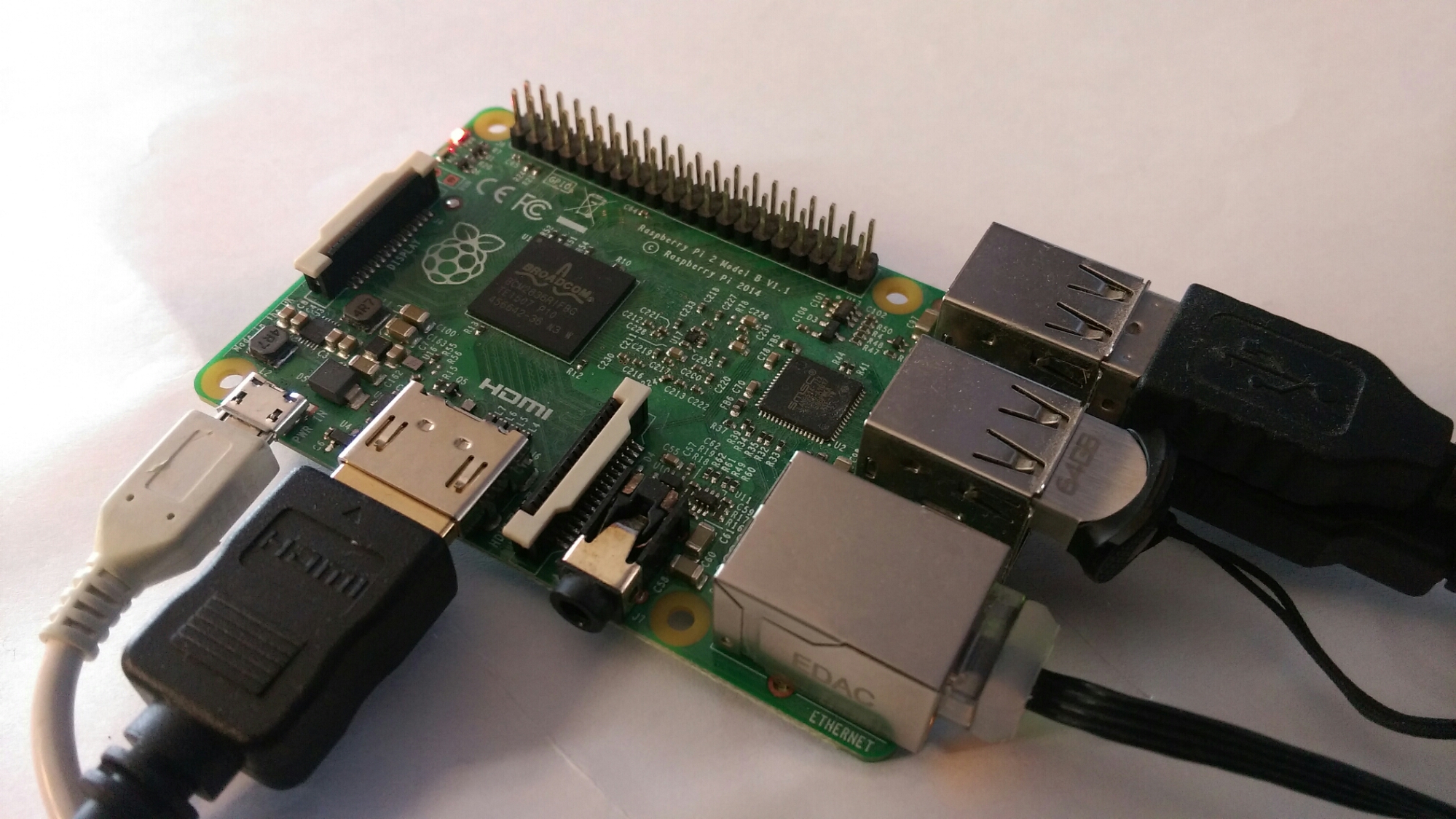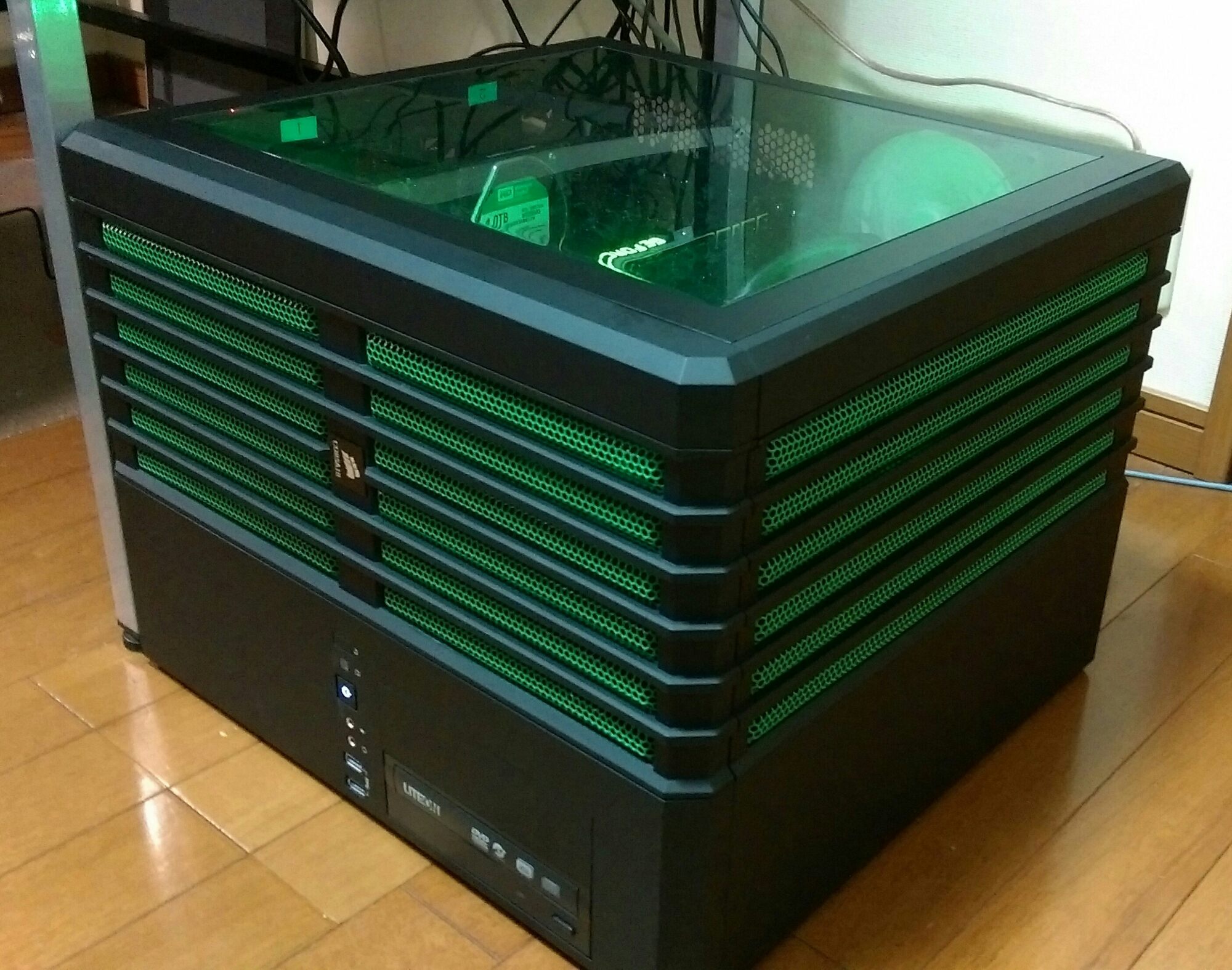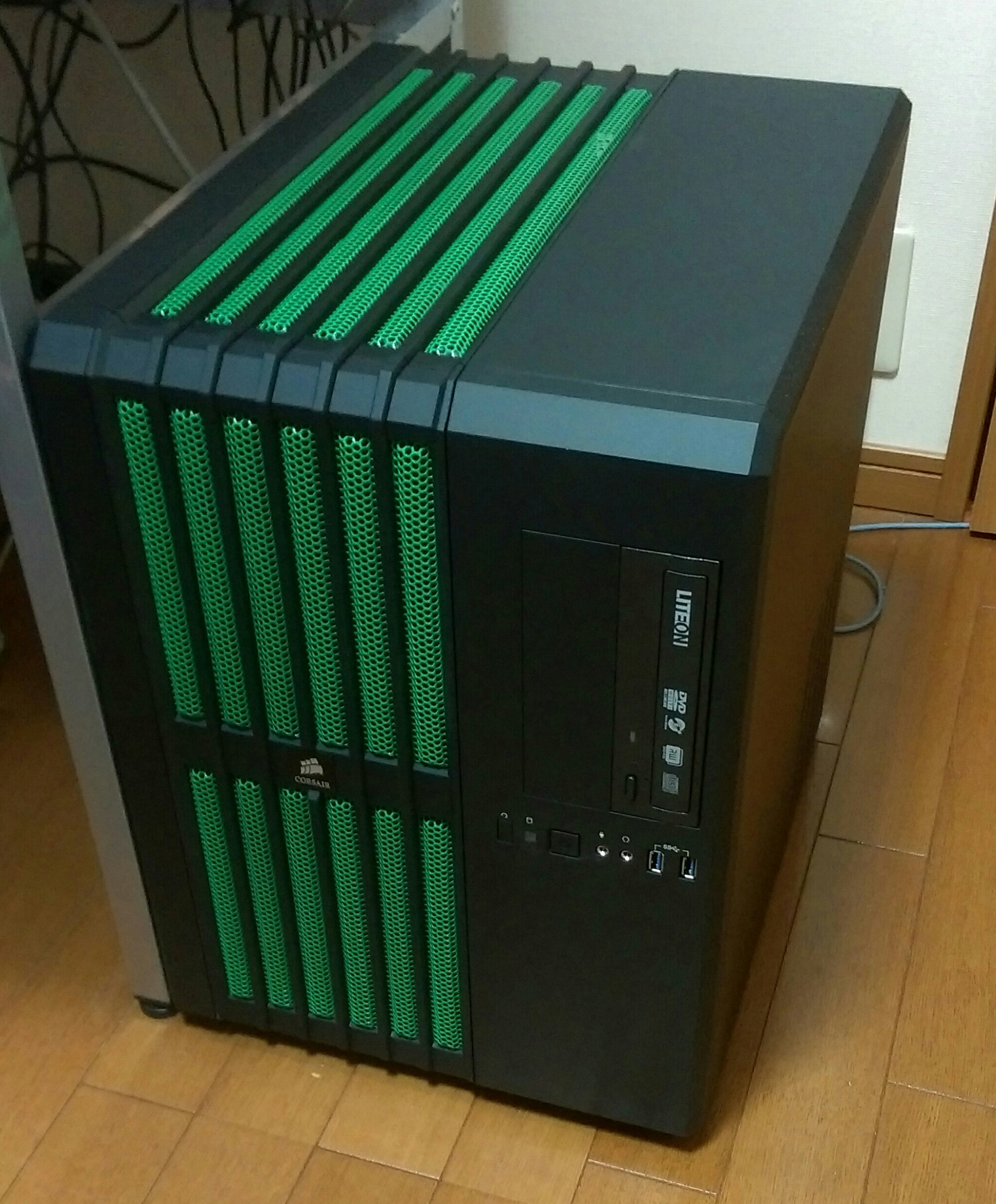Sometimes you run out of public IP addresses and need to expand the floating IP range. If a non-interrupted range is available to expand into from the current range simply use:
neutron subnet-update –allocation-pool start=<original-start-ip>,end=<new-end-ip>
This will overwrite the existing range and expand it to the new end-IP.
To add an extra, separate IP range while still keeping the original range, use:
neutron subnet-update <subnet-id> –allocation-pool start=<original-start-ip>,end=<original-end-ip> –allocation-pool start=<additional-start-ip>,end=<additional-end-ip>
Example of extending a continuous IP range:
View the subnet detail
Update the subnet
Example of adding an additional range to an already existing range:








